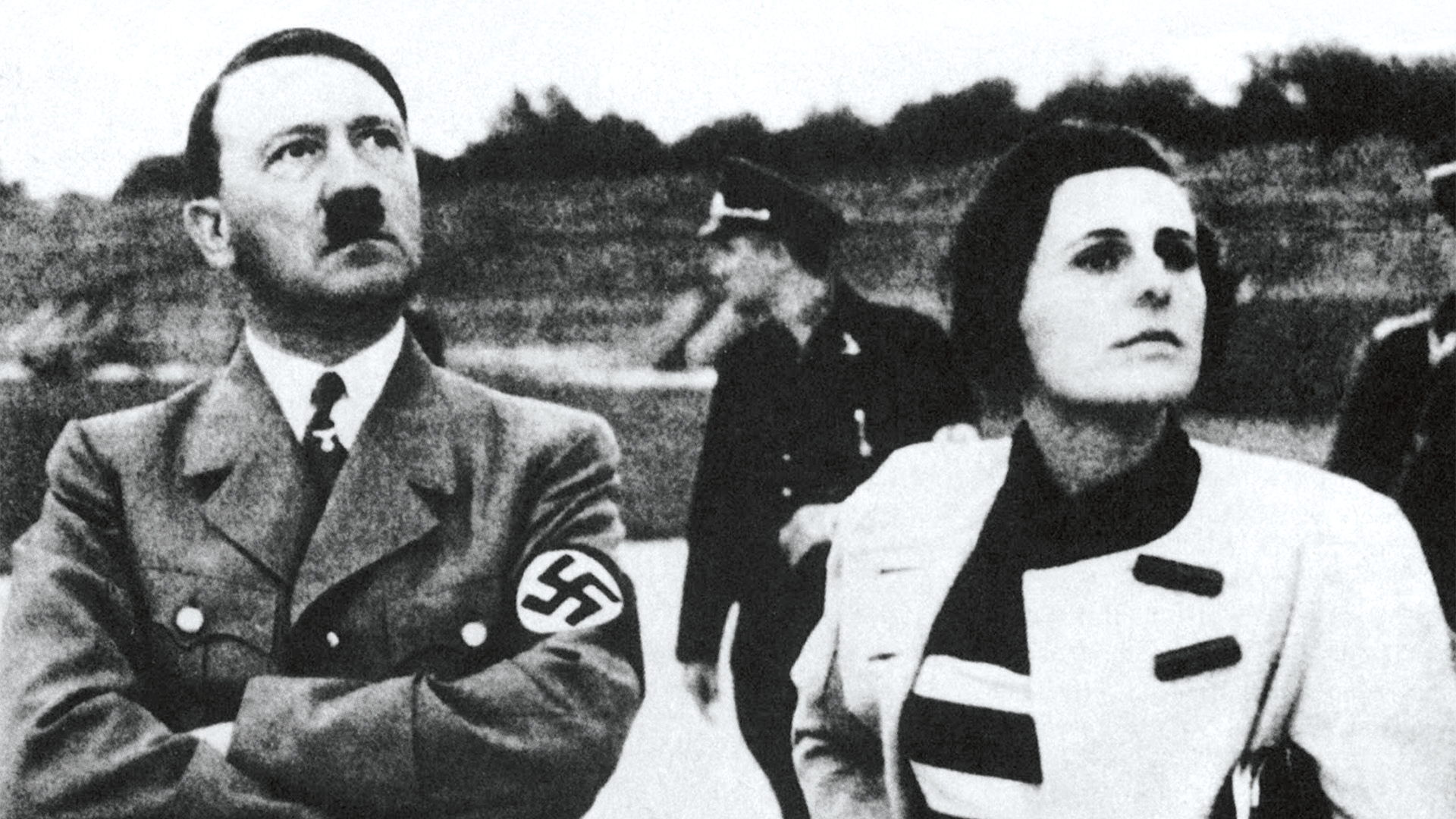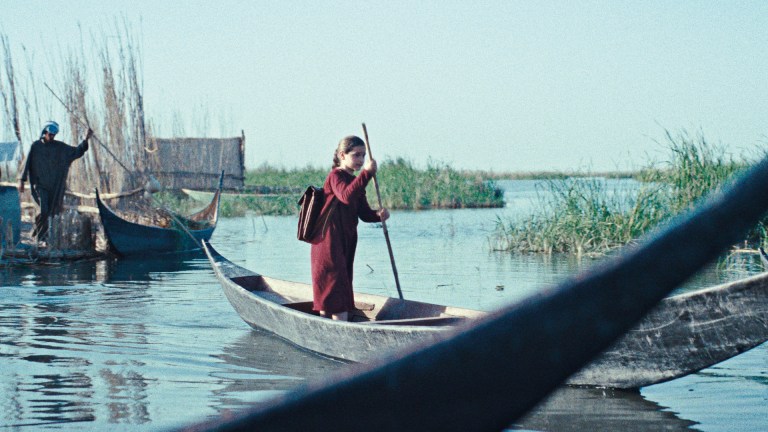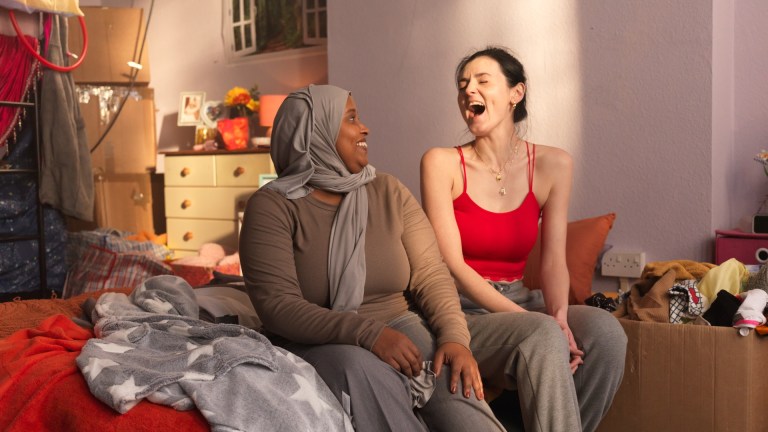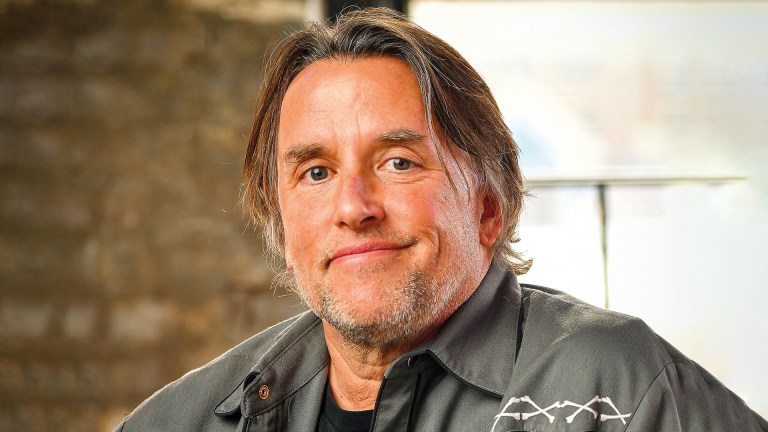Leni Riefenstahl was one of the most powerful figures of the 20th century. An undeniably brilliant filmmaker, she used her talent to produce compelling works of Nazi propaganda, including Triumph of the Will (1935) and Olympia (1938). Throughout her 101-year-long life, she remained unapologetic, insisting in public that she was only ever interested in art and would have worked for anyone – while privately mourning the fall of Nazi ideology. In new documentary Riefenstahl, Andres Veiel turns a scrutinising lens on the woman behind the camera.
BIG ISSUE: This is a film about filmmaking – the mechanics of mediation, what is included and what is excluded from the frame. How did you approach the production process?
ANDRES VEIEL: We started, in the beginning, just following up her biography. But then we decided, OK, we should risk some gaps. For example, in the end, we don’t tell very much about the last years of her life, because we thought it was more important to finish the film with topicality. And this topicality we found in the phone calls where she is talking to people who reacted to [her appearance on] the talk show, just saying things that are so current – when these people say, “Well, it will take one or two generations, and then Germany will find back its way to virtue, to decency, to morality.” That current aspect was more important than telling all aspects of her biography.
- How four women raged a secret propaganda war against the Nazis during World War II
- The secret Nazi camps of Finnish Lapland
- Generations on, making peace with the trauma of my past
The film shows how Riefenstahl pioneered fascist aesthetics – a supposed realism that excludes the Other in all its forms. This stands in sharp contrast to your own film, which displays her own frailty towards the end of her life. Was this deliberate?
She was stuck in the ideology. In the last scene, she’s complaining about the light, that her wrinkles shouldn’t be visible – she wanted total control over everything. When you look at the first photos of her from the 1920s, always she wanted to get control over the storytelling, over how she was presented in the media. She produced these home stories, like Instagram today, and she was very, very talented, even in self-staging, from the very beginning. Olympia is similar. It’s always a celebration of the victorious, of the superiority of the strong, healthy body, but at the same time – and this is something she was not accepting of in the interpretation of Olympia – it was about contempt of weakness, of unhealthiness. And it was this contempt that produced a prototype of fascism.
You have a background in theatre. Do you recognise this in Riefenstahl’s attempts to shape her self-image?






